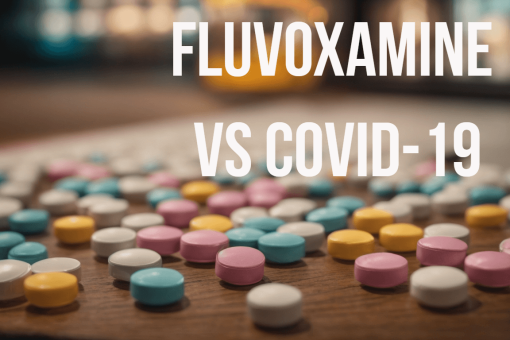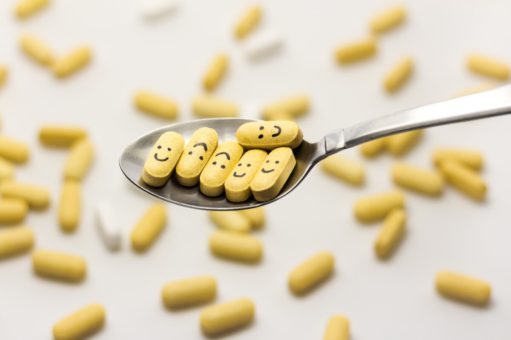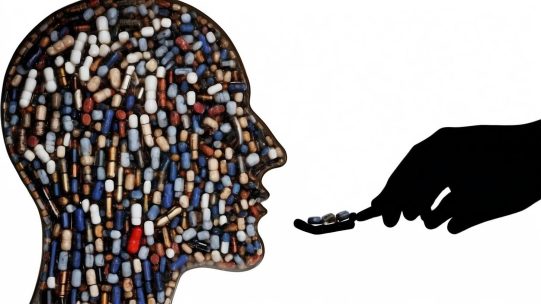Lexapro vs Cymbalta: Which is better for treating depression?
The medications Cymbalta and Lexapro are widely used to treat major depressive disorder (MDD) and generalized anxiety disorder (GAD). Depression is manifested by at least two weeks of sadness, low energy, loss of interest in daily activities, and other symptoms; according to the ADAA, as many as 6.7% of U.S. adults had at least one episode of depression in 2017, making it the leading cause of disability in the United States.
Anxiety, on the other hand, affects an estimated 6.8 million adults in the U.S. and manifests as excessive worry for six months or longer. Anxiety can be related to family, health, finances, relationships, or other aspects. It is usually disproportionate to the provoking factors.
Both Cymbalta and Lexapro are prescribed to treat anxiety and depression, but differ in several ways. If you are considering switching from one medication to the other, talk to your doctor and consider the Cymbalta and Lexapro comparison below. Contact your doctor online to check your symptoms and get a prescription for the medication.
Comparison of Lexapro and Cymbalta: Drug Class and Mode of Action.
Lexapro, trade name escitalopram, is an antidepressant that belongs to the class of selective serotonin reuptake inhibitors (SSRIs). It relieves anxiety and improves mood by inhibiting the reabsorption of serotonin at neuronal synapses and increasing its concentration. Drugs with a similar mechanism of action and indications also include Zoloft, Paxil, and Prozac.
Similarly, Cymbalta is the trade name for the depression drug duloxetine. Unlike Lexapro, it inhibits the reuptake of the neurotransmitters norepinephrine and serotonin at the synapse. Thus, the anxiety drug Cymbalta belongs to the serotonin and norepinephrine reuptake inhibitor (SNRI) group. Other SNRI drugs include Pristiq and Effexor.
Drug Form and Dosage: Cymbalta vs. Lexapro
| Characteristic | Lexapro | Cymbalta |
| Form | Tablets | Delayed-release oral capsules |
| Strength | 5 mg, 10 mg, 20 mg | 20 mg, 30 mg, 60 mg |
| Recommended daily dose | 10 mg to 20 mg once daily | 40 mg to 60 mg once daily |
Both drugs have lower-cost generic forms : Cymbalta ( Duloxetine ) and Lexapro ( Escitalopram )
The Uses of Cymbalta and Lexapro
The U.S. Food and Drug Administration (FDA) has approved Cymbalta and Lexapro to treat major depressive disorder and generalized anxiety disorder. However, Cymbalta is also approved to treat several other conditions.
In addition, doctors often prescribe Lexapro and Cymbalta for off-label use. Off-label use means that the drug is not approved to treat a specific condition, but may be effective in relieving symptoms.
Below is an overview of diseases that are treated with Cymbalta and Lexapro:
| Condition | Lexapro | Cymbalta |
| Major depressive disorder | Yes | Yes |
| Diabetic peripheral neuropathic pain | No | Yes |
| Generalized Anxiety Disorder | Yes | Yes |
| Fibromyalgia | No | Yes |
| Premenstrual dysphoric disorder | Off-label | No |
| Social Anxiety Disorder | Off-label | No |
| Panic disorder | Off-label | No |
| Posttraumatic stress disorder | Off-label | No |
| Obsessive-compulsive disorder | Off-label | No |
| Urinary incontinence | No | Off-label |
The efficacy of the same medication can vary in different people. Consult a doctor to know what medicine will help you best.
Lexapro vs Cymbalta: Which One is More Effective?
Comparative studies show that Lexapro is superior to Cymbalta in the short-term treatment of depression. However, both drugs are equally effective in the long-term treatment of depression and anxiety, with Lexapro being better tolerated.
Due to side effects, the rate of drug withdrawal was higher in patients taking Cymbalta to treat depression than in those taking Lexapro. However, this does not indicate a difference in the effectiveness of the two drugs. Patients taking Cymbalta were more likely to discontinue treatment due to side effects than patients taking Lexapro.
Lexapro vs. Cymbalta Side Effects
Both drugs can cause adverse reactions even when taken at recommended doses. Cymbalta and Lexapro regulate the same neurotransmitter, serotonin, and therefore have common side effects.
The shared side effects include:
- Nausea
- Sleeping disturbance
- Headache
- Drowsiness
- Dry mouth
- Increased sweating
- Loss of appetite
- Sexual dysfunction
Other side effects common to Cymbalta include delayed gastric emptying and increased blood pressure. Men taking Lexapro for depression or anxiety may experience delayed ejaculation.
Conclusion
Cymbalta and Lexapro are prescription medications for the treatment of generalized anxiety disorder and major depressive disorder in adults. Both drugs improve mood and relieve anxiety by altering the concentration of neurotransmitters in nerve synapses. However, the two drugs differ in several ways, including drug class, mechanism of action, dosage, and side effects. To find out which medication can effectively manage your condition, consult your doctor.










Comment